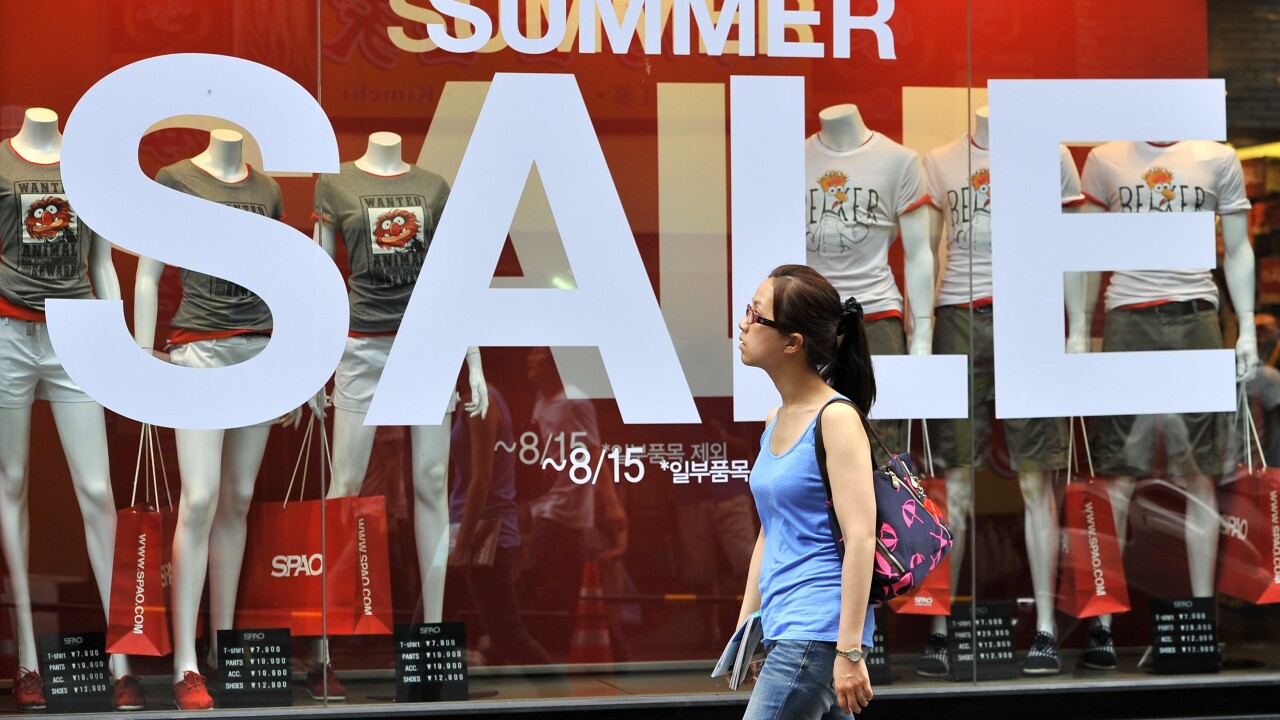
Tradesy, the clothes-swapping website, has just launched and is sharing news that it raised $1.5 million from Rincon Venture Partners, 500 Startups’ Dave McClure, and DailyCandy’s Dany Levy, Daher Capital, Bee Partners, Double M Capital, and Launchpad LA to help make it easier for women to turn their closets into cash.
Started by Tracy DiNunzio, the service is focusing on what it calls the “real” problem of clothing resale: women’s fashion resale is a $16 billion dollar industry, but DiNunzio believes that there haven’t been any huge successes in the space because there’s no way to give users an “easy, safe, and effective online sales channel”. Tradesy hopes to solve all of that by being the Zappos of resale and enable women to take clothing and accessories that they no longer want, place it in a marketplace, and buy and sell as they please.
Posting items on Tradesy takes as much time as sharing something on Instagram — DiNunzio says that within 60 seconds, anyone can display their clothes online and have it displayed “as beautifully as a Barneys’ store window”.

Prior to Tradesy, DiNunzio started another resale company that was focused more on a niche market: weddings. Three years ago, she saw a problem she was having and wanted to solve it — basically take a ton of stuff in her closet that she wanted to get rid of, but she didn’t have enough money to go buy new stuff. What she found was women typically wear 20% of their wardrobe 80% of the time, so how do you get rid of your items and pay for clothes that you want, while saving a few dollars?
DiNunzio started RecycledBride, which quickly amassed a huge following with over 6 million brides shopping on the site within the last three years. As soon as it became profitable, she decided to hit the pavement and set out to create a more diverse resale company, thus Tradesy was born.
Tradesy’s vision for the market is simple: it’s extremely product/customer focused, which means that while it’s a crowded space, no other service has monopolized the market because the customer market isn’t understood — Tradesy claims it does. To that end, it calls itself the Zappos of resale and makes it easy to list things on the site, offers free shipping and returns anytime, and it manages the entire process the whole way. Once a buyer makes their decision, money is held by Tradesy until confirmation of shipment/delivery is made. Afterwards, payment is provided to the seller. The hope is that eventually, the company will be able to derive a lot of data from this venture in an effort to influence women’s resale decisions.
Currently, there are no costs to the buyer or to list an item on Tradesy. Anything that is sold on the site is charged a 9% flat fee which will go directly to the company.
With the $1.5 million now raised, the company will focus on bringing on more employees to help run the startup — previously DiNunzio was the only full-time and paid worker. Now she will bring on board 13 people she says helped her out before the funding and will help get them paid. Additionally, more effort will be placed on customer acquisitions through more marketing and PR. The site currently only sells women clothing and accessories and features items new or barely worn.
There aren’t any plans to include men’s or children’s clothing in the future as this peer-to-peer service doesn’t really work well for those demographics.
So why did investors choose to fund Tradesy? 500 Startups’ Dave McClure said “Tracy knows marketplaces like Imelda knows shoes. She blows the doors off other fashion entrepreneurs with her hustle & experience, and her team is killer.”
Image credit: JUNG YEON-JE/AFP/Getty Images
Get the TNW newsletter
Get the most important tech news in your inbox each week.




